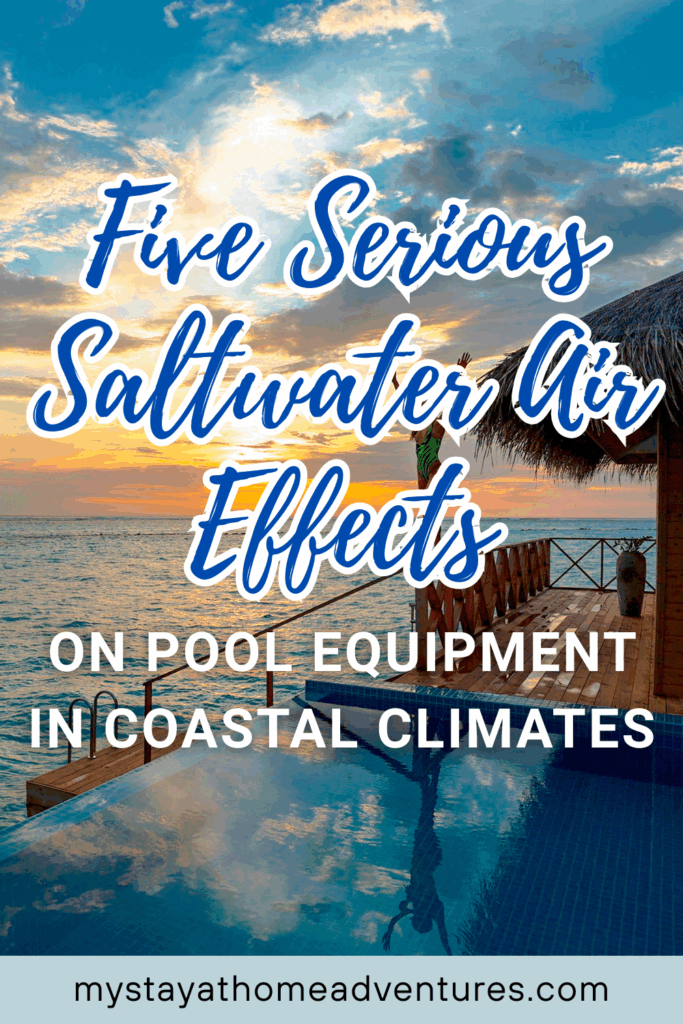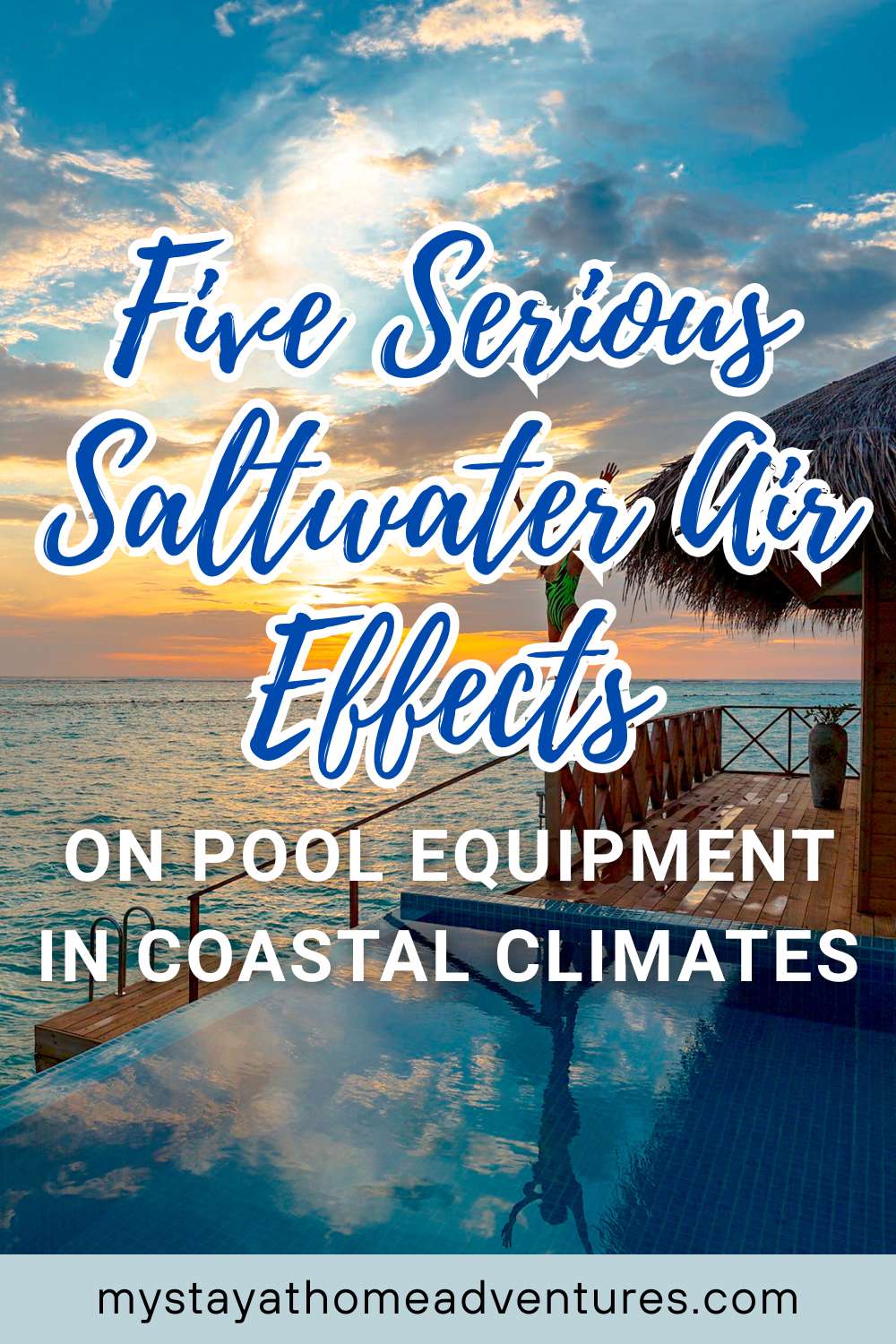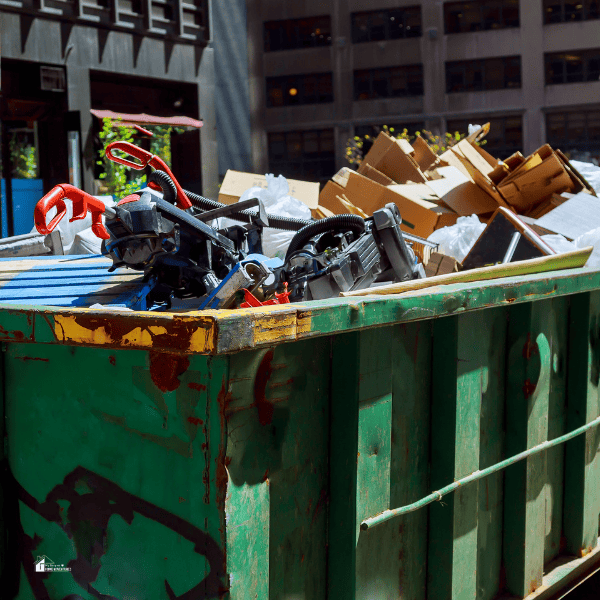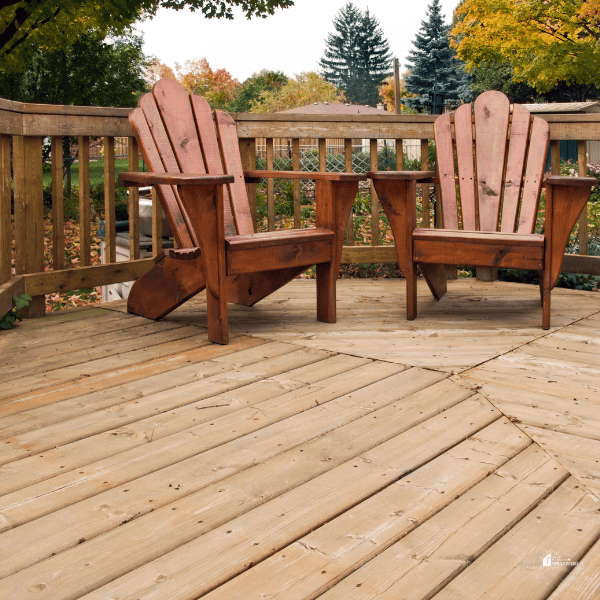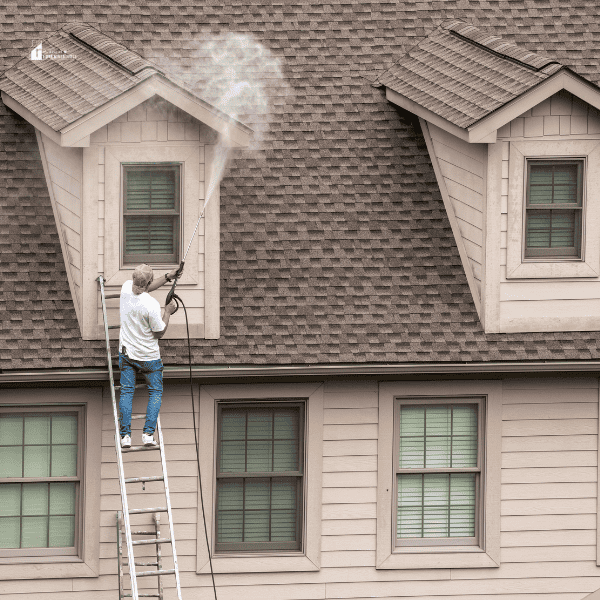Five Serious Saltwater Air Effects on Pool Equipment in Coastal Climates
This post may contain affiliate links which might earn us money. Please read my Disclosure and Privacy policies hereThe beauty of coastal living and the leisure and pleasure it offers. All that said, there can be some caveats to these types of environments when it comes to maintaining a pool. Pool equipment is especially affected by saltwater air.
Being aware of these impacts will help homeowners to be better prepared to defend their investments. Here are five serious ways the saltwater air affects pool equipment in a coastal climate discussed in this article.

1. Corrosion of Metal Components
It's common knowledge, though, that salty air quickens metal corrosion. Pool equipment, such as pumps, filters, and ladders, typically has metal components that can be damaged.
The salt in the surrounding atmosphere makes metal rust and decay quickly. This is especially true for Florida's saltwater air effect on pool equipment.
Choosing equipment made of stainless steel or corrosion-resistant materials helps to alleviate this problem. The same routine inspection and maintenance can also prolong the service life of the metal parts. Protective Coatings: Applying protective coatings can act as yet another line of defense against corrosion.
2. Damage to Pool Surfaces
Salt is brutal on pool surfaces. Moisture and salt can cause staining and damage to tiles and other materials. It impacts appearance and, over time, could jeopardize structural integrity.
Sealants that are specifically designed to work in saltwater conditions are best used to protect the surface from damage. To avoid the accumulation of salt residues, make sure to clean and maintain your pool regularly. Even using the right materials in construction itself will go a long way towards damage control in the long term.
3. Failure of Pumps and Motors
Pumps and motors provide the functionality needed for the cleaning and sanitizing of pool water, which is essential. Saltwater air gets into these parts, which causes mechanical failures. Chloride ions penetrate metals and lead to rust, which will corrode internal parts and can shorten the life of pumps and motors.
Properly enclosing equipment helps protect it from direct exposure, reducing the risk of damage. These are critical components, and with regular servicing and replacement of worn-out parts, their longevity can increase. Even upgrading to better equipment can make a huge difference.

4. Reduced Lifespan of Electronics
While some pools in the years past functioned manually, most modern pools work on the sweat of devices. Saltwater air, on the other hand, can take its toll on these systems.
Not only the wear and tear on the devices themselves, but if they are not properly cleaned, the corrosion that can occur on the circuits and connections can cause malfunctions and failures.
Protecting from moisture and salt, protective equipment housings are a must for electronic devices. For all those looking at safeguarding, corrosion inhibitors can serve as an additional layer of protection. Routine checks and timely repairs can save minor issues from becoming major problems.
5. Deterioration of Pool Covers and Accessories
Saltwater air does not spare pool covers and accessories, either. The fabric covers can deteriorate, and plastic pieces can become brittle and crack, causing higher maintenance and replacement rates.
Select covers and accessories made for coastal conditions to minimize damage. If you keep them nicely when you are not using them and wash them often with basic soap and warm water, the products will last much longer. Choosing more durable materials also means that you will not be replacing them every second week.
Conclusion
There are many amazing benefits to living near the coast, but pool maintenance is a job that needs to be paid close attention to. Saltwater air has a serious effect on a lot of pool equipment, causing costly inefficiencies.
But knowing these effects and anticipating them allows homeowners to mitigate and protect their pools for years of continued enjoyment.
Coastal climates pose a serious threat to the integrity of pool equipment; regular maintenance, correct choice of materials, and protection are the three main methods of preserving pool equipment in areas close to the sea.
